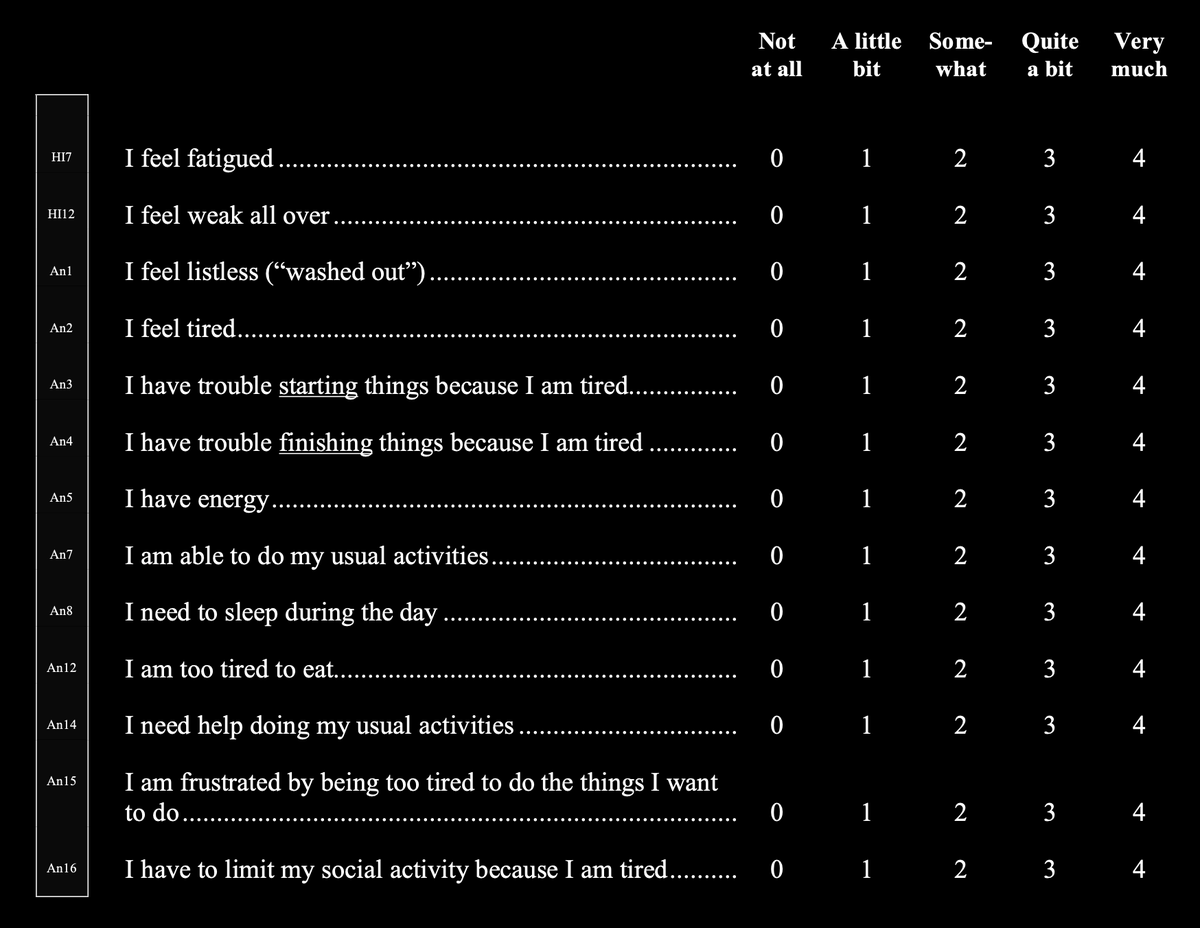
immunocompromised • made & kept sick by the state • kept alive by my beloved @predi_cam_ents🪳
How to get URL link on X (Twitter) App


 Imagine you are desperately sick with Long COVID, unable to work, unable to leave your house, suffering day after day, at risk from any interaction with non-maskers, and your doctors tell you you’re making it up. Then some MAHA person comes along, validates all your experiences,
Imagine you are desperately sick with Long COVID, unable to work, unable to leave your house, suffering day after day, at risk from any interaction with non-maskers, and your doctors tell you you’re making it up. Then some MAHA person comes along, validates all your experiences,

 People had a study visit six months after the infection. At this visit, they were classified as 1) having ME, 2) having ME-like illness, or 3) not having any ME symptoms
People had a study visit six months after the infection. At this visit, they were classified as 1) having ME, 2) having ME-like illness, or 3) not having any ME symptoms 

https://twitter.com/elle_carnitine/status/1868303053805486549The trial participants were put into two groups: in group A, 86% of people at the start of the trial met the CCC criteria for ME; and in group B, 56% of people at the start of the trial met the CCC criteria for ME. They evolved as follows:

https://x.com/elle_carnitine/status/1804113517584290204Sometimes, biomarkers don't correlate with the things that actually matter. For instance, there are cases in cancer research where tumour size doesn't correlate with increased life-span, such that showing a drug shrinks tumours is not informative

https://twitter.com/realfrankbecker/status/1856644776080150619A randomised controlled trial works as follows: we measure how well people are before treatment, and then we give one group the treatment, and another group a placebo. Then, we measure how well each group is, and we compare them.

 The basic idea of epistemic injustice is that people are harmed "in their capacity as a knower": either because they are disbelieved as a result of negative stereotypes, or because the concepts made available to them cannot allow them to articulate their experience
The basic idea of epistemic injustice is that people are harmed "in their capacity as a knower": either because they are disbelieved as a result of negative stereotypes, or because the concepts made available to them cannot allow them to articulate their experience
https://twitter.com/coachouicoachv2/status/1788610688660734213The first thing it notes is that unlike team sports or indeed most activities, running can be done alone on one’s own schedule. When you run you don’t need to depend on anyone else